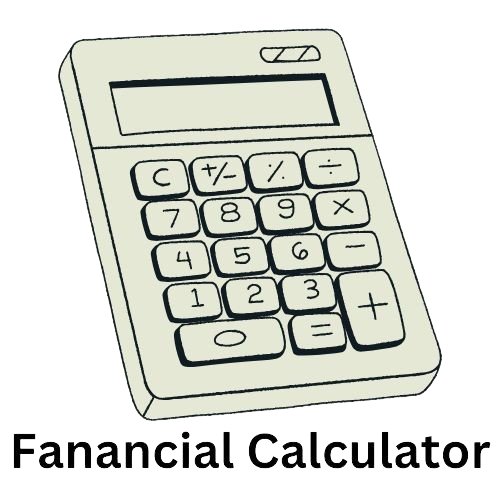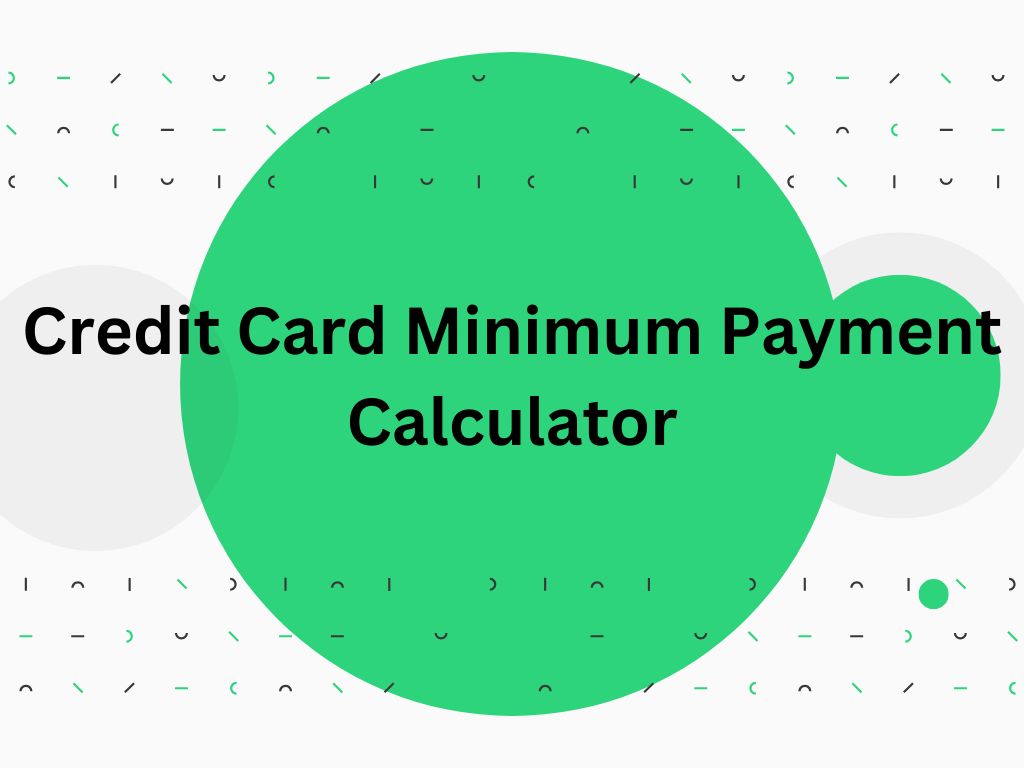Credit Card Payoff Calculator
Conquering Credit Card Debt: A Comprehensive Guide
Credit card debt can be a daunting challenge, but with the right strategies and tools, you can take control of your finances and achieve financial freedom. In this comprehensive guide, we’ll explore the impact of credit card debt, effective strategies for paying it off, and the role of a credit card payoff calculator.
Understanding the Impact of Credit Card Debt
Credit card debt can have a significant impact on your financial well-being. High-interest rates can quickly accumulate, making it difficult to pay off your balance. Moreover, carrying a high balance can negatively affect your credit score, making it harder to obtain loans, rent an apartment, or even get a job.
The Power of a Credit Card Payoff Calculator
A credit card payoff calculator is a valuable tool that can help you visualize your debt repayment journey. By inputting your current balance, interest rate, and desired monthly payment, you can estimate:
- Total Interest Paid: The total amount of interest you’ll pay over the life of the loan.
- Monthly Payment: The required monthly payment to reach your goal.
- Payoff Timeline: The estimated number of months it will take to pay off the debt.
Effective Strategies for Paying Off Credit Card Debt
1. The Debt Snowball Method:
- Prioritize Low-Balance Cards: Start by paying off the credit card with the smallest balance first, while making minimum payments on the others.
- Snowball Effect: Once the first card is paid off, allocate the monthly payment to the next smallest balance, creating a snowball effect.
- Psychological Benefits: This method can provide a sense of accomplishment as you quickly pay off smaller debts, boosting your motivation.
2. The Debt Avalanche Method:
- Target High-Interest Cards: Focus on paying off the credit card with the highest interest rate first.
- Maximize Savings: This method can save you money on interest in the long run.
- Financial Discipline: Requires a strong commitment to stick to the plan and resist the temptation to deviate.
3. Debt Consolidation:
- Balance Transfer Credit Cards: Transfer high-interest balances to a card with a 0% APR introductory period.
- Personal Loans: Consolidate multiple debts into a single, lower-interest personal loan.
- Consider the Costs: Be aware of balance transfer fees and personal loan interest rates.
Tips for Successful Debt Payoff:
- Create a Budget: Track your income and expenses to identify areas where you can cut back.
- Automate Payments: Set up automatic payments to ensure consistent contributions.
- Avoid Additional Debt: Resist the urge to use credit cards for non-essential purchases.
- Stay Motivated: Celebrate milestones and reward yourself for your progress.
- Seek Professional Advice: Consult with a financial advisor for personalized guidance.
Additional Considerations:
- Credit Score Impact: Paying off credit card debt can significantly improve your credit score.
- Emergency Fund: Maintain an emergency fund to avoid relying on credit cards in case of unexpected expenses.
- Financial Goals: Align your debt payoff plan with your long-term financial goals.
By understanding the power of compound interest, utilizing effective strategies, and leveraging tools like a credit card payoff calculator, you can take control of your finances and achieve financial freedom. Remember, consistency, discipline, and a well-crafted plan are key to overcoming credit card debt.







